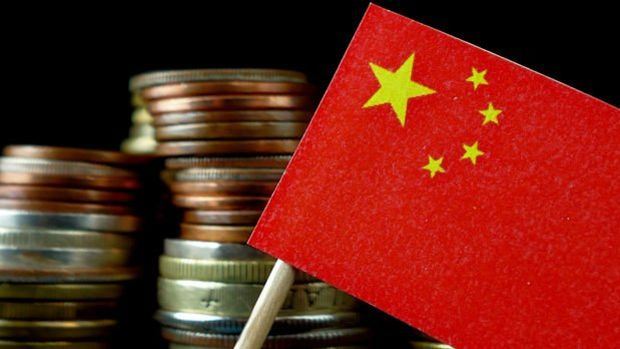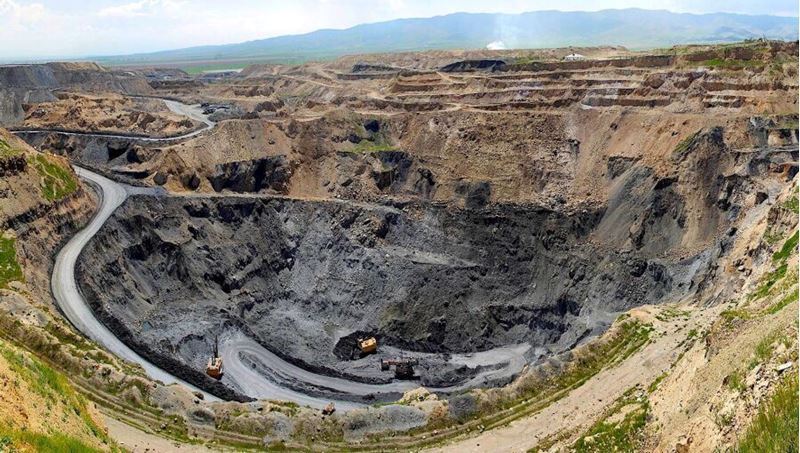In 2024, three critical variables will shape the global economy, according to the Organization for Economic Cooperation and Development (OECD). Firstly, global production is expected to decrease due to high interest rates suppressing stable inflation, neutralizing economic activities. The OECD does not anticipate economic growth until 2025, when leading central banks are expected to significantly reduce borrowing costs. In the meantime, global gross domestic product (GDP) is forecasted to grow by 2.7 percent in the coming year, slightly down from 2.9 percent in 2023.
The OECD's outlook suggests a prolonged financial recovery post-COVID-19, exacerbated by a surge in energy prices following Russia's invasion of Ukraine. Despite potential easing of monetary policy in the upcoming year, global interest rates are predicted to remain high by recent standards. Economic forecasting, however, remains an imperfect science.
A year ago, predictions of a recession in the US and concerns about high debt costs triggering sovereign defaults in the developing world did not materialize. Despite tensions between Israel and Palestine, the global economy continued to grow at a manageable pace in 2023. Looking ahead, three key macroeconomic variables—interest rates in the United States, Brent crude oil prices, and China's credit growth—will be closely monitored for insights into the direction of global production.
Interest Rates in the United States:
The US Federal Reserve raised its benchmark interest rate to 5.25-5.5 percent from near zero in March of the previous year to counter inflation. Despite this, the US economy has shown resilience, with low unemployment and a surprising 2 percent annual growth in manufacturing. Economist Rafael Olzina Marzis suggests the Federal Reserve is on track to achieve a soft landing, with potential interest rate cuts after June likely to boost global GDP by 1 percent.
Brent Crude Oil:
Following the start of the war between Hamas and Israel in October 2023, the World Bank warned of potential rises in Brent crude oil prices if the conflict escalated. While oil markets initially seemed unaffected, the World Bank's John Buffs notes traders may be discounting potential risks from Middle East conflicts in their price forecasts. Despite recent attacks, Brent crude is currently trading below $79 a barrel.
China's Credit Growth:
China's economic recovery is influenced by its real estate sector, which has been limited by strict controls and skepticism among consumers. Slow credit growth, linked to the real estate sector, has led to Moody's downgrading China's debt rating outlook to "negative." Government financing reliance and reduced revenues from land sales have strained local government finances. Economist Sheena Yue predicts a slowdown in credit expansion from 10 percent to 8 percent next year, cautioning that it may not significantly impact global GDP.
While these trends suggest a relatively benign global growth outlook in 2024, historical evidence indicates that unforeseen challenges may arise, making predictions subject to change, as seen in the previous year.











Comments
No comment yet.